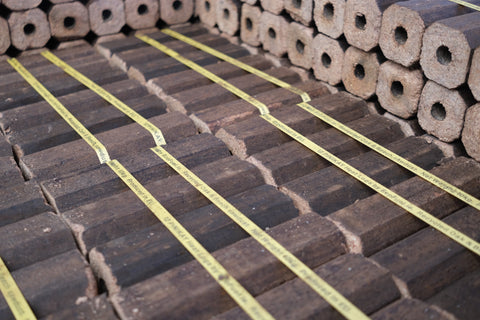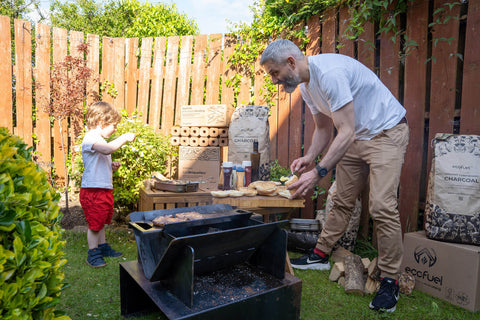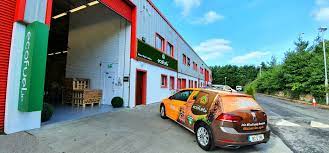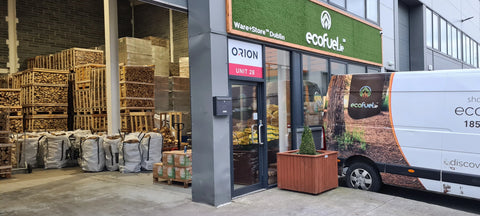The Regulations came into effect on 31 October 2022, replacing the Air Pollution Act (Marketing, Sale, Distribution and Burning of Specified Fuels) Regulations 2022 (S.I. No. 326 of 2012) as amended.
These regulations aim to limit the release of pollutants from the domestic combustion of solid fuel and to protect and improve air quality.
Under the Regulations, it is prohibited to retail or distribute solid fuel for combustion for heating (space or water) in a fireplace in a domestic or licensed premises that is not an approved solid fuel.
We see the new regulations as great for consumers.
You may or may not have heard, and you may not even care, in which case, don’t worry—we already have you covered. All our products have been fully approved, registered and available to view on the official
EPA fuel register, so you have nothing to worry about.
But if you’re curious, here’s our take on what it means and how it can impact you.
A disclaimer
Needless to say, we have a vested interest here.
For almost a decade, we’ve been building the Ecofuel business around making fuel sustainable because it's the right thing to do. It’s what energises us to really show up at work every day.
Anyway, the regulations:
The regulations on smoke, sulphur, and moisture
- Solid fuels must meet limits on smoke emissions
- less than 10 grams per hour for coal and ‘manufactured solid fuels’
- less than 5 grams per hour for ‘part-biomass’ products
- Fuels must have less than 2% sulphur by weight (1% from 2025)
- Wood and biomass fuels must have less than 25% moisture (20% from 2025)
Honestly, we'd be concerned (and embarrassed) if any of our kiln-dried wood approached anything north of 15%. We're usually around 10-13%.
And all our briquettes are all well below 10% moisture.
Where does ECOFUEL™ fits?
A few classifications exist, but all ECOFUEL™ products are essentially 100% biomass.
Our kiln-dried firewood is (clearly) just big chunks of tree. Our
briquettes are made from recovered byproducts (sawdust).
Our EPA certificate currently lists briquettes as manufactured part-biomass, and we’ve requested a correction to 100% biomass.
But that’s a technicality that doesn’t really make any difference. It just means that our briquettes must also meet the sulphur standards, which they naturally do since there’s hardly any sulphur in wood. It’s just an extra test we need to do each year.
Why the regulations are great for customers
We absolutely welcome the new regulations. It means better performing, cleaner fuels and cleaner air as a result.
We’re proud to be leaders in the world of modern, sustainable fuels, and we’re glad the world around us is catching up. No longer do we have to rely on our forward-thinking customers to adopt change. Now, every supplier must up their game and comply, too, which means better fuels and cleaner air for everyone.





